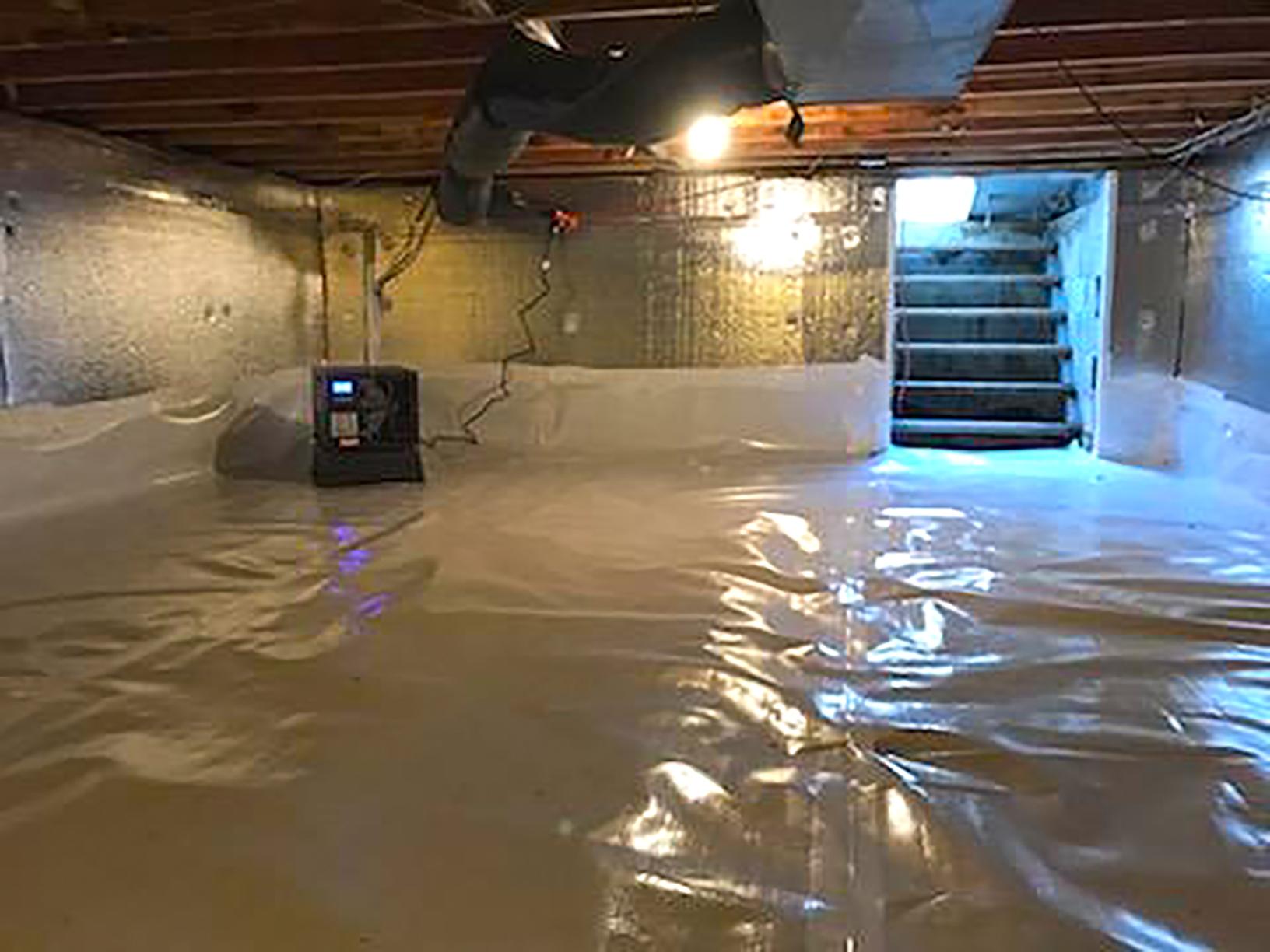
09 Aug Should I Back Out of the Deal if the Inspection Results are Really, Really Bad?
It seems like the answer should automatically be, “Yes, give me my deposit back and terminate the contract for this money pit!” If your gut tells you to back out during the inspection contingency period, then do so…after doing a little more research on the scope and cost of repairs.
What if the seller is willing to pay a licensed contractor fix everything that concerns you from your inspection report? What if they could complete the work before the settlement date? Or what if the seller is willing to give you enough money in a credit or price reduction so you can pay your contractor once you own the property?
What if the seller were willing to cut the price even more than what the cost of the repairs will be? If you knew it would cost $12,000 to replace the roof, yet the seller agrees to a $20,000 price reduction, then you created $8,000 for yourself.
Let’s say you discover that the house has extreme moisture in the crawl space. The insulation is always wet. The joists have fungal growth on them. There is no vapor barrier. There are puddles of standing water. When it rains, more water comes in. Imagine that a reputable basement moisture control and encapsulation company is hired by the seller. That company adds a sump pump to automatically drain water. They remove the old, wet insulation. They treat all the fungal growth to kill it. They install new insulation and a vapor barrier. They seal the walls to prevent seepage. They install an automatic dehumidifier. The company issues a transferable warranty. Best of all, the seller pays them in full!
If your main concern from the inspection report was the crawl space and the seller has it fully fixed, then it’s like it never even happened. Many sellers would be wise to address issues like this before even putting their property on the market. However, some sellers’ motivation to spend money on repairs is highest the moment they realize their buyer will walk away from the deal.
As a buyer, walking away from the deal is a powerful negotiation tactic. Actually walking away from the deal is okay if the scope of work or resources needed are beyond your capabilities. For example, a novice investor may be better off buying a property that only needs fresh paint and new windows versus a substantial rebuild. The sooner you can finish your project, the better.
Walking away isn’t a bad idea if you believe you can soon acquire a more lucrative deal. Why get stuck in a long-term renovation hen you can do faster, simpler one? What if the Return on Investment (ROI) is 15 percent on the long-term renovation but 25 percent on the faster one?
My wife Amira and I bought a fully renovated 3-bedroom, 1-bathroom house from a house flipper. Prior to our conversation with her, she had gone under contract three times for around $200,000. Each of the three buyers backed out of the deal because some of the floors were uneven and wavy. They feared the house would sink. We consulted with a structural engineer and a general contractor. At the seller’s expense, the contractor added some piers to stop any future settling. The engineer examined the property and wrote a letter stating that he believed that the house would not sink any further. The seller agreed to sell to us for $183,500 instead of $200,000, and she paid for a 1-year home warranty. We currently have the home rented for $1,750 a month. In that first year, the home warranty provider gave us a new HVAC system. The house appraised for $225,000 only six months after we bought it. It’s worth even more today.
On another deal, we bought a 4-bedroom, 2-bathroom house for $158,000 from a landlord. He had it listed for $160,000, and his agent obtained multiple offers. Our offer was the lowest, and it was the only one below the asking price. There was significant water intrusion into the crawl space. The neighbors said that the owner had to replace six water heaters due to flooding in the crawl space. The seller agreed to pay a professional $10,000 to rectify the water intrusion issues. The contractor set up a French drain to divert water runoff. He installed a vapor barrier. He installed a sump pump and an automatic dehumidifier. He removed junk and debris from the crawl space. Today the house is rented for $2,000 a month and is worth around $260,000. The crawl space is dry, thanks to the contractor that the seller hired.
Do your research, and then trust your gut in that order. If your home inspection report identifies one or more major issues, it doesn’t hurt to obtain a contractor’s opinion and estimate. If your gut tells you to back out of the deal, then that’s fine. If you wish to do a round of negotiating first, why not try it? What if the seller pays for all repairs or gives you a generous credit or price reduction? (If using a mortgage lender, check with them about the maximum credit they will allow. We’ve done a mix of a credit and a price reduction at times.) You don’t know until you ask. You might be pleasantly surprised with what the seller gives you. After all, you’re providing them with the certainty of a sale versus the uncertainty of going back on the market. The seller may still make a decent profit, and they can use that money for whatever is important to them.
Tai DeSa is a graduate of The Wharton School of the University of Pennsylvania. He became a full-time real estate investor in 2004 after serving in the U.S. Navy. Tai made colossal mistakes in investing (and learned some things along the way). Tai has coached hundreds of entrepreneurs, real estate investors, and real estate agents on how to increase their income and net worth. He has helped hundreds of homeowners avoid foreclosure through successful short sales. Check out Tai’s books on Amazon.com. Tai may be available for coaching and speaking engagements on a variety of real estate topics. Send an email to tai@investandtransform.com.






No Comments